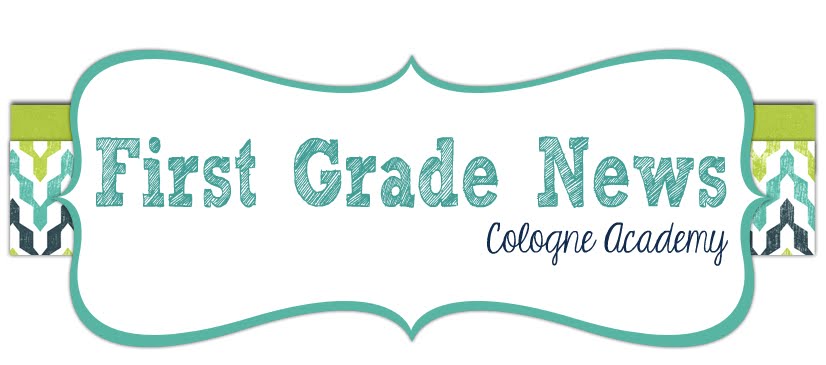Week 28
Here’s what our first graders are learning this week: March 14th - 18th
Interactive Read Aloud: Animal Fantasy Stories: Animals act like human and show human characteristics. Stories that will help us in this genre this week are Koala Lou, Too Many Pears, Marsupial Sue, and Petunia.
Grammar/Phonics: Prepositions: Words that indicate location. (on, above, beside, behind...) We continue to review adjectives, verbs, and pronouns.
We start our end of the year study on learning to spell high frequency words, vowel team words, as well as words we have generated from our own lists. Each Friday your child will have a spelling test of 6 words they have been practicing all week through various activities.
Writing: We continue studying Laura Numeroff, who is the author of the "If you give a Mouse a Cookie" series. Students will study her stories and writing style, then create their own versions using Laura Numeroff's writing style.
Math: Our time in math this week will be in reviewing and taking the Interim 1:3 math test. You can help by helping the, tell time to the hour and half hour, practice their tens and ones places, know 3D shapes names, # of faces, vertices, and edges, be able to count side and angles of 2D shapes, and know how to balance an equation while adding or subtracting.
IXL:If you would like to use IXL at home, we recommend these sections for practice this week:
·
Data and Graphs (Section M)
Geometry (Section K)
Measurement (Section N)
Time (Section S)
Measurement (Section N)
Time (Section S)
Core Knowledge: Our new Core knowledge unit will be Animals and Habitats. This domain introduced the students to the connection of all living things with their physical environment and each other. Students have learned what a habitat is, what the different habitats we find on our planet are, what plants and animals live there, as well as what adaptations they have made for survival. They have learned about a food chain, a food web and will discuss endangered animals and what can be done to stop this from happening. Habitats we will and have already talked about are arctic ocean, tundra, desert, grassland, deciduous forest, topical rainforest, ocean and freshwater.
Core Virtue: Compassion: sympathy, care or concern for the feelings of others.
